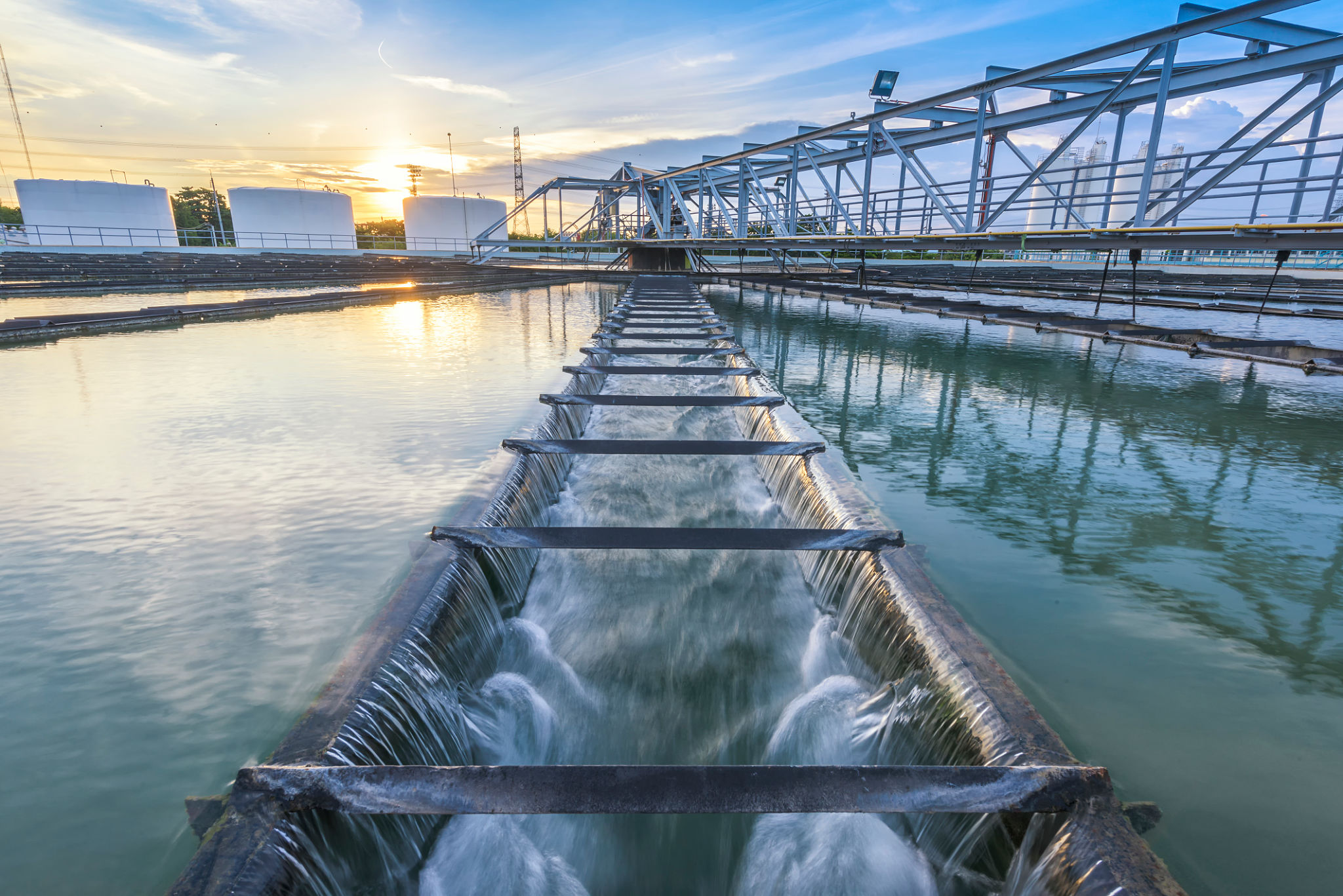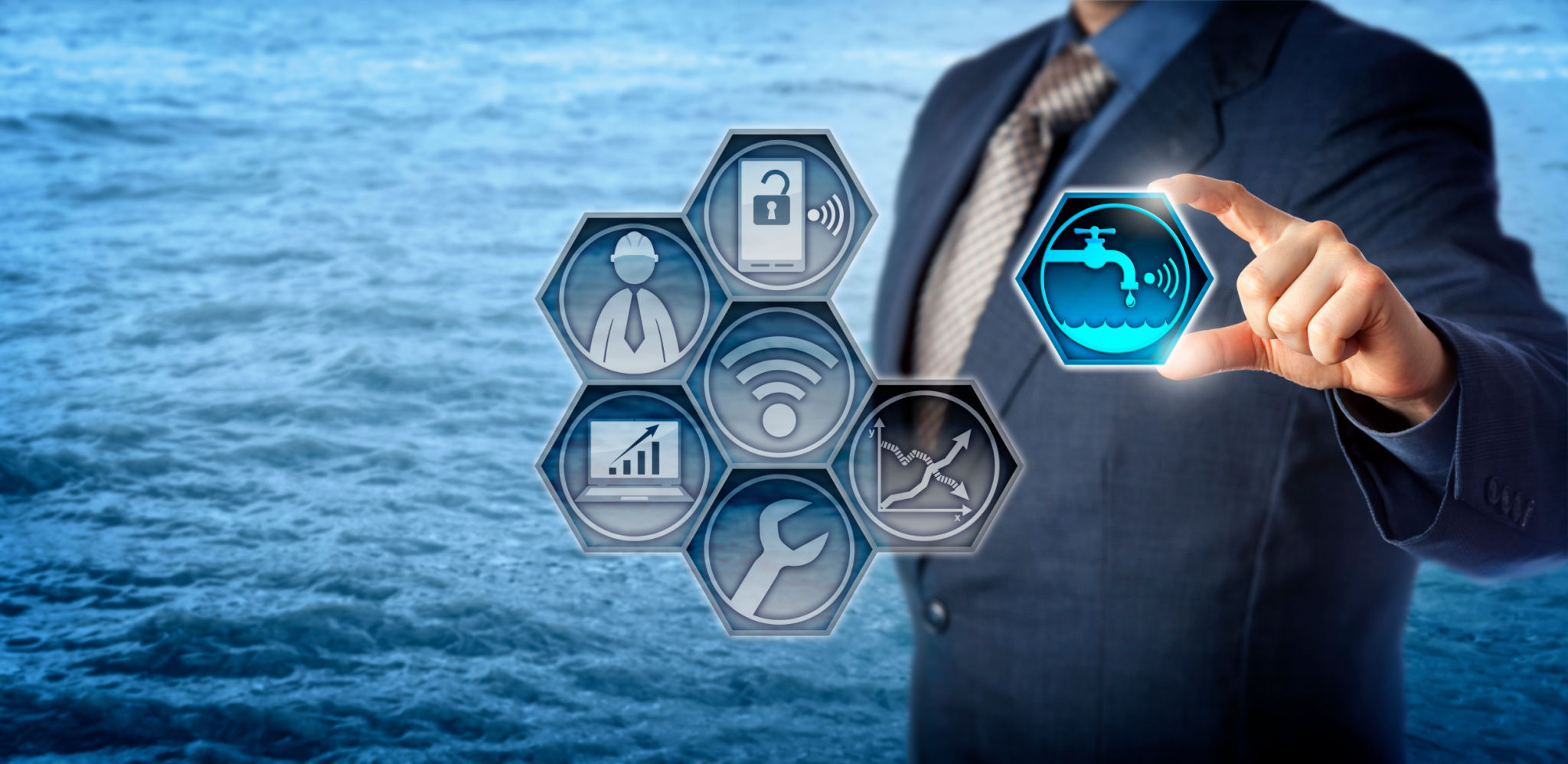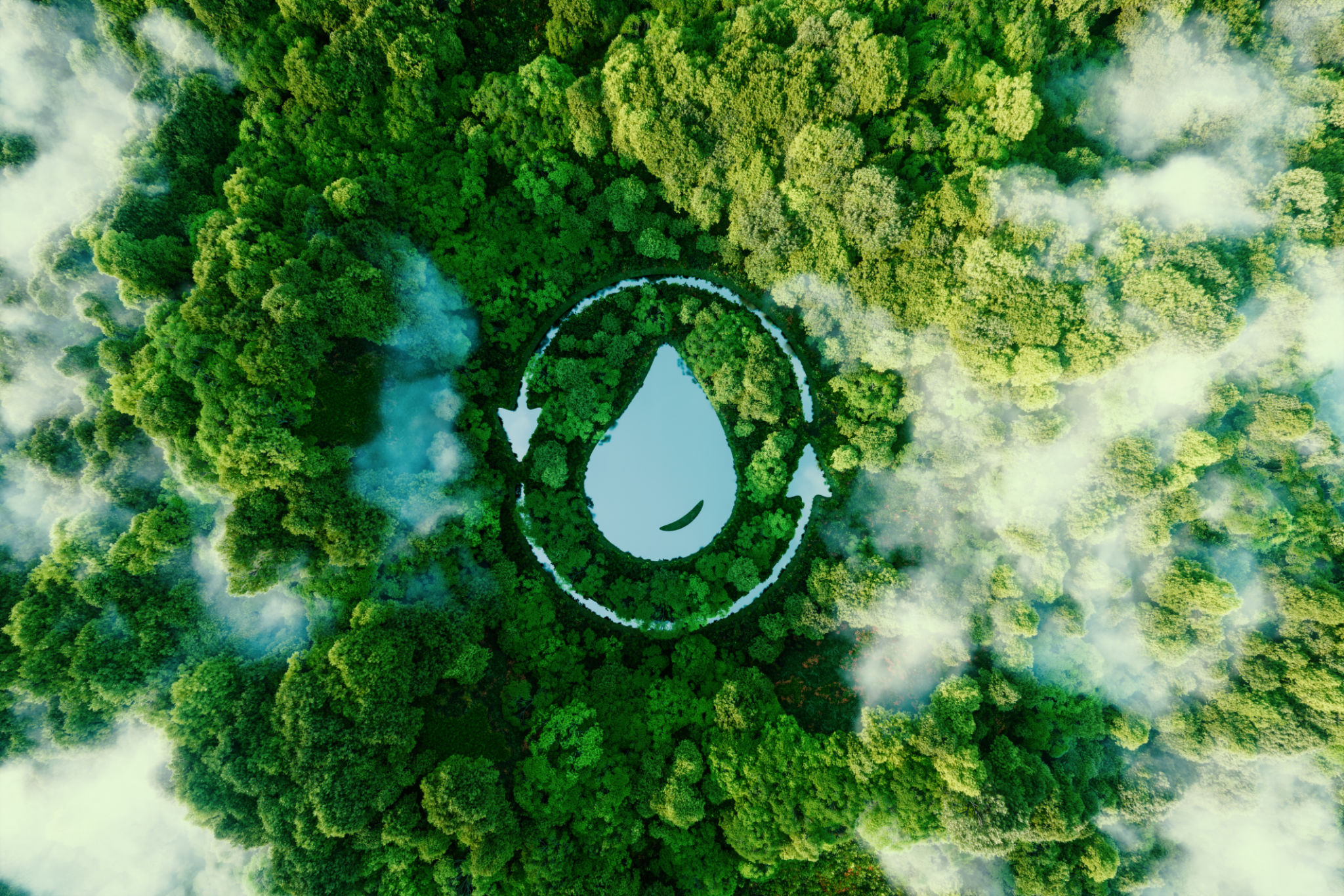Debunking Myths: Common Misconceptions About Water Management Technologies
Understanding Water Management Technologies
Water management technologies have become increasingly important in today's world, where efficient use of water resources is critical. Despite their significance, several myths and misconceptions surround these technologies, often leading to misunderstanding and underutilization. In this article, we aim to debunk some of the most common myths about water management technologies.
Myth 1: Water Management Technologies Are Too Expensive
One prevalent myth is that implementing water management technologies is prohibitively expensive. While it's true that initial costs can be significant, the long-term savings often outweigh these expenses. Technologies such as smart irrigation systems and rainwater harvesting can significantly reduce water bills and conserve resources, leading to financial savings over time.
Moreover, advancements in technology have made these solutions more affordable than ever. Many governments and organizations also offer incentives and rebates to encourage the adoption of water-efficient technologies, further reducing the cost barrier.

Myth 2: They Are Only Suitable for Large-Scale Operations
Another misconception is that water management technologies are only appropriate for large-scale agricultural or industrial operations. In reality, these technologies are scalable and can be effectively used in smaller settings such as residential homes and small businesses.
For example, low-flow fixtures and smart home water systems can be implemented in households to monitor usage and prevent waste. These solutions not only help save water but also contribute to reducing monthly utility bills for individuals and families.
Myth 3: Water Management Technologies Are Complicated to Use
Some people believe that the complexity of water management technologies makes them difficult to use. However, most modern systems are designed to be user-friendly and intuitive. With the integration of digital interfaces and automated controls, managing these technologies has become simpler than ever.
Users can easily access data through apps and dashboards, providing real-time information on water usage and system performance. This accessibility empowers users to make informed decisions about their water consumption habits.

Myth 4: Conservation Efforts Are Ineffective
There's a common belief that individual conservation efforts don't make a significant impact on overall water conservation. In truth, every drop counts. When multiplied by thousands or millions of users, small changes can lead to substantial reductions in water use.
Water management technologies facilitate these efforts by streamlining conservation practices and providing tangible results. For instance, leak detection systems can prevent unnecessary water loss, while advanced irrigation controls ensure that landscapes receive only the water they need.
The Importance of Dispelling These Myths
Dispelling myths about water management technologies is crucial for promoting their adoption and maximizing their benefits. By understanding the realities of these technologies, individuals and organizations can make informed decisions that contribute to sustainable water use.
Embracing these solutions not only helps conserve precious resources but also fosters a culture of responsibility and efficiency essential for meeting future water demands.

